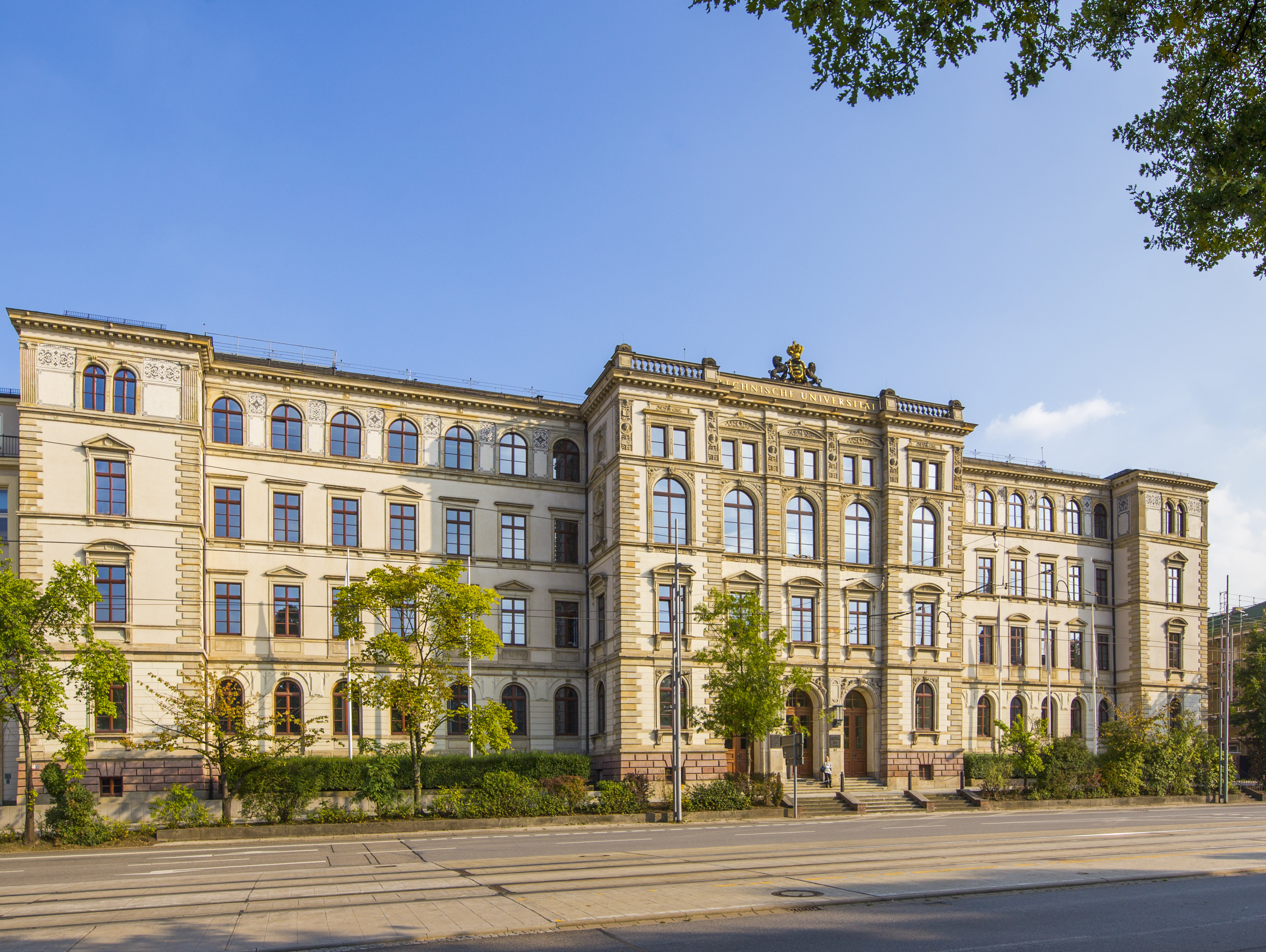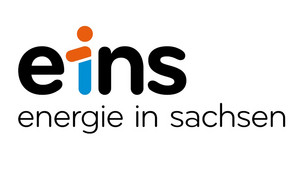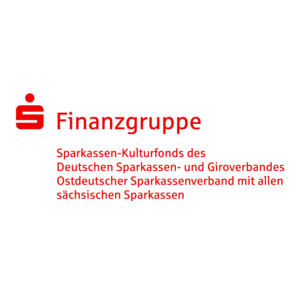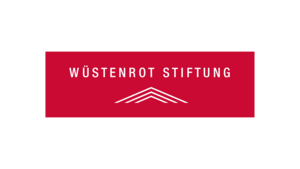TU Chemnitz evaluates the European Capital of Culture process
Chemnitz University of Technology has been awarded the contract for the external academic monitoring and evaluation of the "European Capital of Culture Chemnitz 2025". The project will be carried out by Chemnitz University of Technology's Centre for Methodological Competence under the direction of Prof. Dr Jochen Mayerl, Dean of the Faculty of Humanities and Social Sciences and Professor of Sociology with a focus on empirical social research.
The evaluation will begin this summer with the first surveys and will run until the beginning of 2027. It includes a before and after comparison as well as surveys in the title year. A mix of quantitative and qualitative methods will be used to collect data that can be used to analyse changes, learning processes, impact and results. The interim and final results support the work of Chemnitz 2025 gGmbH, the City of Chemnitz and other stakeholders by providing valuable insights into perceptions and expectations of the Capital of Culture.
TUCculture2025
Independently of this, Chemnitz University of Technology has been funding university project initiatives relating to Chemnitz 2025 with a total of 100,000 euros since 2022 as part of its "TUCculture2025" task force. The results of these projects are to be presented in the Capital of Culture year. Seven projects are currently being actively realised in project partnerships with Chemnitz 2025. Further collaborations are planned.
The TUC project initiatives for Chemnitz 2025
Exhibition "Inventor culture in Chemnitz and the region"
The project is preparing an exhibition organised by the Chemnitz Patent Information Centre and supported by the TUC University Library entitled "Inventor Culture in Chemnitz and the Region", which will be shown in the library building from 1 March to 30 September 2025. The exhibition will focus on important inventions from the Chemnitz industrial region and their protection under intellectual property law. In addition to the achievements of Chemnitz inventors and companies, outstanding innovations from the TUC will also be on display. This will show the public the inventive spirit and innovative strength of the Chemnitz region. At the same time, the exhibition illustrates the importance of and paths to industrial property rights for securing inventive ideas.
Series of events "Unknown neighbours? Vietnamese diaspora in Chemnitz and the region"
The series of events organised by the Chair of General Education at the TUC together with the book author and director Claudia Tuyết Scheffel focuses on the transnational educational biographies of Vietnamese people in Chemnitz and the region. Initially, research on this group, which has been little addressed to date, will be supported by biographical interviews with former students of Chemnitz University of Technology and former contract workers in the region, among others. In the Capital of Culture year 2025, those responsible for the project will present their research findings to the general public as part of a series of events.
Project "Europe in the classroom - Chemnitz analyses of socialist and post-socialist textbooks"
In this project, the Chair of General Education at the TUC is working with other partners to examine references to Europe before and after German reunification and the "fall of the Iron Curtain" in textbooks and learning materials from the state of Saxony, which are available in particular in the libraries and archives in Chemnitz. The way in which Europe, as well as regional-European localisations and views of the world and people, were addressed in the classroom will be examined. As part of the project, TUC students will research, catalogue and analyse textbooks for the subjects of history and social studies (in the GDR: civics) from the 9th and 10th grades shortly before and after reunification and discuss them in workshops. The project will conclude with an exhibition and a panel discussion.
"A quarter of a century of reading European Capitals of Culture - special collection of the University Library"
From 2000 to 2025, a total of 56 cities from 32 countries have been European Capitals of Culture or will be by then. To mark the European Capital of Culture year, the University Library would like to present a special collection to the public that presents these previous Capitals of Culture as broadly as possible. The aim of the project is to give members of the TUC and the public the opportunity to find out about Chemnitz's "predecessors" and to generate ideas and suggestions for their own Capital of Culture contributions. The special collection is expected to be available from October 2024.
Exhibition "Movement and stagnation. The last academic year in the GDR"
Six university archives from Chemnitz, Halle, Jena, Leipzig, Magdeburg and Weimar are planning to organise an exhibition on the last year of study in the GDR. A total of 35 exhibition panels are to be shown as a travelling exhibition at these six university locations.
The exhibition aims to present as many facets of the final year of study in the GDR and student life during this time as possible. It will also be on display at Chemnitz University Library from 3 June 2025.
Book project "Chemnitz as European Capital of Culture 2025"
A wide range of research is being conducted at the TUC on Chemnitz as European Capital of Culture 2025. The book project of the Junior Professorship of European Culture and Civil Society and the Professorship of Sociology with a focus on sociological theories aims to bundle this research and make it accessible to the widest possible, academically interested public. The volume will be published "open access" to ensure the widest possible dissemination.
"C the Unheard! Data-based mapping of civil society discourse in Chemnitz"
To date, there is no data collection in Chemnitz that documents and visualises the diverse engagement of civil society actors. This is where the TUC's Digital Humanities junior professorship project comes in with the creation of an open data collection that is being developed and explored with civil society project partners, students and citizens. Firstly, the project closes a representative data gap. Secondly, the "data picnic" format (in cooperation with Chemnitz Open Space) aims to impart skills for a future digital civil society. Thirdly, the project uses a digital exhibition format to create a space for discourse and dialogue. The project kick-off is on 23 May 2024 from 14:00 at Chemnitz Open Space on Brückenstraße.










































